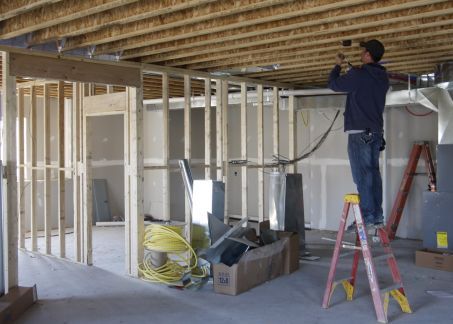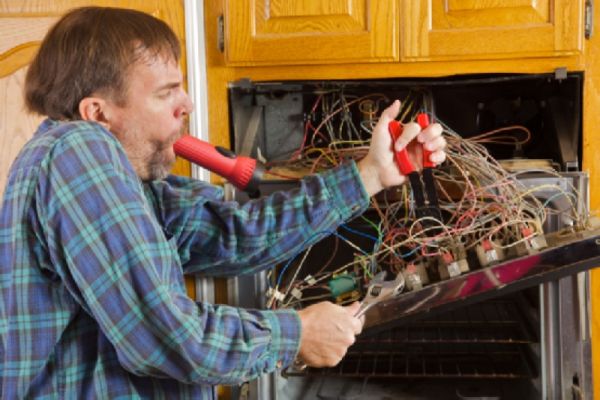Children are precious gifts and parents seek whole heartedly to protect them. Many parents go to great lengths to ‘child-proof’ their homes. Installing locking mechanisms on cabinets and doors, making sure hazardous materials are inaccessible to children, fencing off stairs, putting protective coverings over sharp corners are all wonderful steps to promote the safety of your child. However these steps neglect perhaps the most important aspect of child safety in the home, and that issue is electricity.

Your local electricians believe that customer service extends beyond solving electrical emergencies or providing expert electrical services; it includes ensuring that electricity is a safe convenience for the whole family. As community members and parents we are passionate about educating parents on how to best protect their families in regards to electricity. Sadly about seven children each day have to receive emergency room care because of electrical accidents. We would like to be involved in reducing that number drastically, and prevent tragedy in your family. Here are some helpful hints about how to help make your home a safer environment for children.
Inserting foreign objects into electrical receptacles is perhaps the most common form of electrical accidents in regards to children. This safety issue is easily prevented by using Socket Safety Guards (plastic plugs inserted into outlet receptacles) or by installing new Tamper-Resistant Outlets (TRO). These outlets have been proven to significantly reduce the number of children involved in electrical accidents. For searching in the local area, a search can be made electrician near me. All the weaknesses and strengths are made available to the people to hire the best one. The use of the tools and techniques is there which reduces the risk for the children. Proper safety measure are taken to get success.
Water and electricity are a dangerous mixture. Water is a very good conductor of electrical current, thus kitchens and bathrooms are areas of the greatest concern when making your house child-safe. The best way to prevent injury in these rooms is to be proactive and alert when using water and electricity in close proximity. It is common to bathe infants in sinks and water tubs on counters in the kitchen or bathroom, it is also common to use things like hair dryers, electric razors, or hair clippers around sinks. Thus we highly recommend installing Ground Fault Interrupter Circuits Outlets (GFICs) around sinks, tubs, and any other areas that are likely to involve water or moisture. In addition to installing GFICs other good practices in kitchens and bathrooms include: avoiding touching appliances with wet hands, unplugging all appliances when not in use, keeping electrical appliances out of reach of tubs, and avoiding electrical use in bathrooms when possible.
Education is a powerful tool against electrical accidents. Teach any older children to never insert any object other than an electrical plug or safety guard into outlets, never to touch an appliance with wet hands, and never to unplug and appliance by jerking or pulling on the cord, but only to disconnect an appliance from a power source by pulling directly on the plug.
Parents who succeed in performing these recommended practices will succeed in making their household a safe and fun environment for children of all ages. But home safety does not end with electrical safety.

Install new smoke alarms and carbon monoxide detectors and check them regularly. Recent research has shown that 19 out of 20 kids are likely to sleep through a regular smoke alarm thus new talking smoke alarms, or smoke alarms in or extremely close to a child’s bedroom are advised.
All stoves should have ‘child-proof’ knobs and a oven door that can be locked.
Seventy-five percent of all home drowning victims are under the age of four, thus parent supervision during all baths and swimming (even in kiddie pools) is a must.







